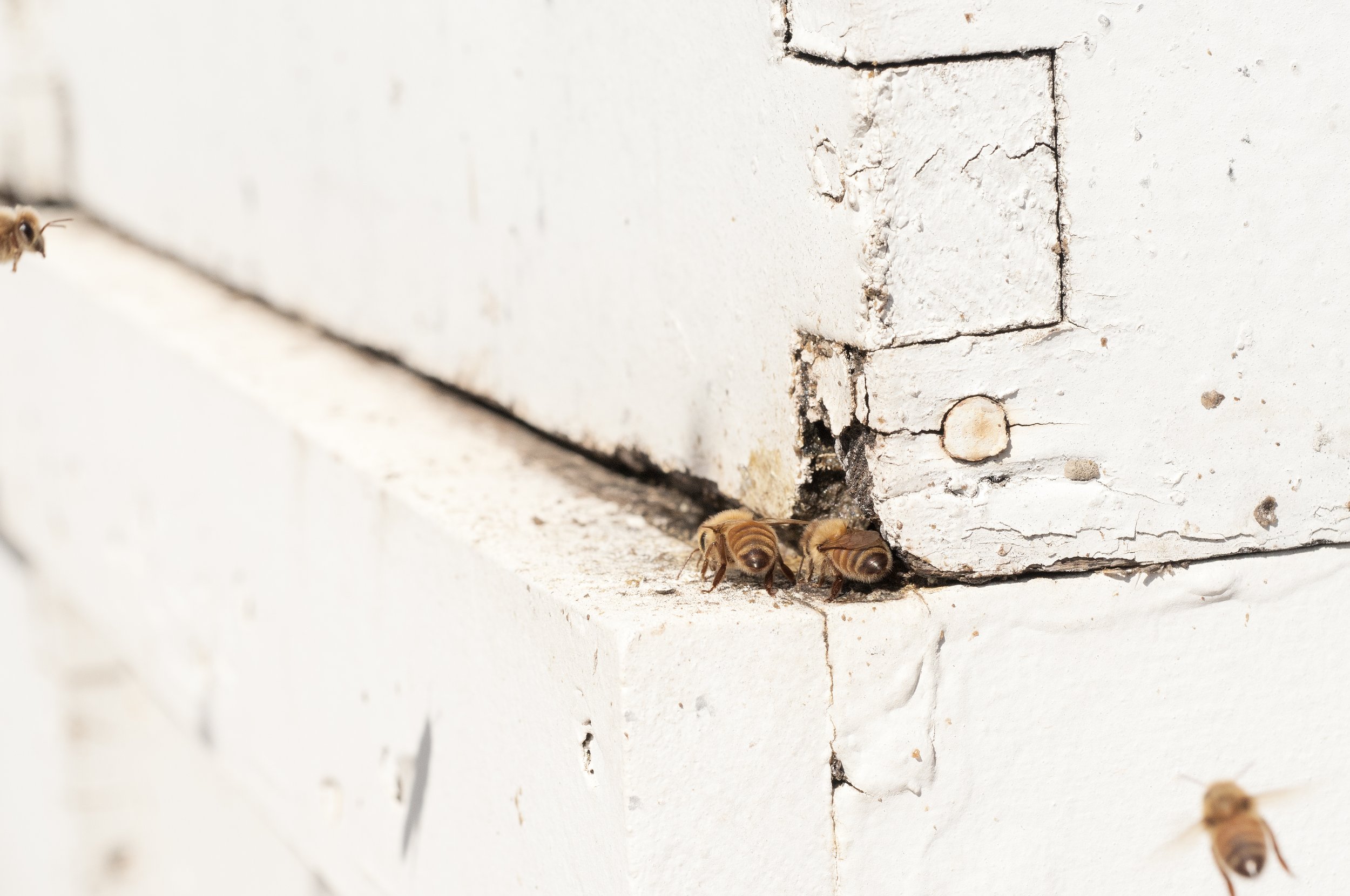
Goldwert Vol. 3
The Orchard
Orland, California
Work is judged almost exclusively now by its “efficiency”, which, as used, is a mechanical standard, or by its profitability, which is our only trusted index of mechanical efficiency. One’s country is no longer loved familially and intimately as a “motherland”, but rather priced according to its “productivity” of “raw materials” and “natural resources” - valued, that is, strictly according to its ability to keep the machines running.
—Wendell Berry, Agricultural Solutions for Agricultural Problems (1978)
And they were sawing off the branches on which they were sitting, while shouting across their experiences to one another how to saw more efficiently. And they went crashing down into the deep. And those who watched them shook their heads and continued sawing vigorously.
—Bertolt Brecht, Exile III


Denair, California
The first is that the industrial vision is perhaps inherently an oversimplifying vision, which proceeds on the assumption that consequence is always singular; industrialists invariably assume that they are solving for X - X being production. (...) What this vision excludes, as a matter of course, are biology on the one hand, and human culture on the other. Once vision is enlarged to include these considerations, we see readily that - as wisdom has always counseled us - consequences are invariably multiple, self-multiplying, long lasting, and unforeseeable in something like geometric proportion to the size or power of the cause.
—Wendell Berry, Agricultural Solutions for Agricultural Problems (1978)
The disappearance of the bees nonetheless has mythic depth. It captures intuitions people have about the human condition. A hive is an organism, like a nation. It may be made up of individuals, but it produces results beyond the imagination of any one of its members. To think of one unraveling is profoundly unsettling.
— Joel Garreau, Washington Post Article, “Honey, I’m Gone!” (June 1, 2007)

Here again the nurse bees take up the genetic slack, preventing poisons from entering the hive. Another behavior aiding in this effort is that a scout bee focuses on a single nectar and pollen source on each foraging trip, in effect acting as a food-taster for the colony. Bees that appear seriously ill are quickly ejected from the hive. When poisoned by plants or pesticides, a worker will do an alarm dance, zigzagging over the comb and buzzing loudly. This alerts the hive and the nurse bees that the nectar source of the day is poisoned.
—Michael Schacker, A Spring Without Bees: How Colony Collapse Disorder Has Endangered Our Food Supply

































